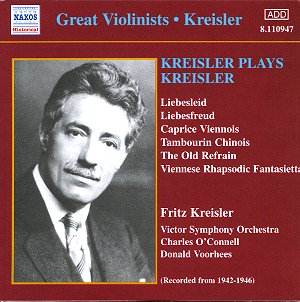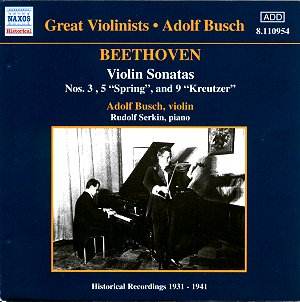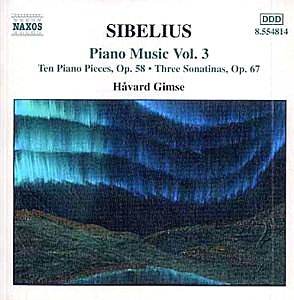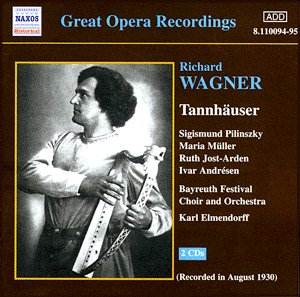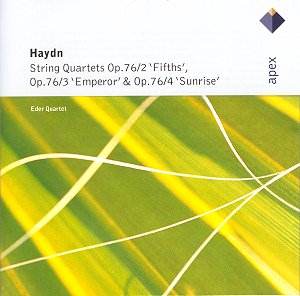 Composer: Joseph Haydn
Composer: Joseph Haydn
Works: String Quartet in D minor Op. 76 No. 2 ‘Fifths’, String Quartet in C major Op. 76 No. 3 ‘Emperor’, String Quartet in B flat major Op. 76 No. 4 ‘Sunrise’
Performers: Eder Quartet
Recording: Recorded at Casino Zögernitz, Vienna in 1983 and 1984
Label: TELDEC APEX 0927 40824 2
Joseph Haydn, often referred to as the ‘father of the string quartet’, composed some of his most profound works during the late 18th century, a period marked by a remarkable outpouring of creativity that culminated in the six quartets of Op. 76. These pieces, dedicated to Count Erdödy, exemplify Haydn’s mastery of thematic development, intricate counterpoint, and emotional depth. The quartets not only reflect his evolution as a composer but also serve as a bridge between the Classical and Romantic eras, anticipating the innovations of Beethoven.
The Eder Quartet’s interpretation of these three quartets offers listeners a compelling insight into Haydn’s genius. The opening work, the D minor ‘Fifths’, immediately captivates with its two pairs of falling fifths, setting a tone that is both introspective and dynamic. The quartet’s performance strikes a commendable balance between the tender calm of the first two movements and the spirited energy of the finale, which adopts the character of a folk dance. The minuet, identified as the ‘Witches’ or ‘Nightwatchman’s’ minuet due to its eerie undercurrents, is executed with a deft sense of humor, showcasing the ensemble’s ability to navigate the subtle tensions inherent in Haydn’s writing.
The ‘Emperor’ quartet, perhaps one of Haydn’s most famous works, is a paradigmatic example of variation form. The Eder Quartet’s handling of the variations on the Imperial theme is particularly noteworthy; they maintain the grandeur of the melody while infusing each variation with distinct colors and emotions. The interplay among the instruments is both harmonious and engaging, revealing the nuanced layers of Haydn’s compositional style. The cellist and violist shine brightly, demonstrating that the Eder Quartet is not a group that relies solely on the first violin for prominence, as they each seize their moments with commendable intensity.
The ‘Sunrise’ quartet takes the listener on a journey from its luminous opening to the invigorating Allegro con spirito. Here, the ensemble’s sound quality is pristine, allowing the rich timbres of the strings to resonate beautifully in the recording’s warm acoustic environment. Their technical prowess is evident, though there are moments where a slightly aggressive attack detracts from the otherwise polished execution. This exuberance, however, is often a byproduct of their lively interpretation rather than a fault, and it serves to enhance the overall energy of the performance.
In a crowded field of recordings, particularly those by the Kodály Quartet, the Eder Quartet’s interpretation stands out for its spirited engagement with the music. The recording quality itself is commendable, showcasing the ensemble’s intricate textures without sacrificing clarity. Each movement unfolds with a natural flow, and the engineering captures the ensemble’s dynamic range adeptly, allowing the listener to appreciate the subtleties of Haydn’s writing.
The Eder Quartet’s recording of Haydn’s String Quartets is a vibrant and thoughtful interpretation that showcases the enduring brilliance of the composer. Their performances demonstrate a deep understanding of Haydn’s stylistic nuances and offer a refreshing alternative to other established recordings. This collection is not merely a testament to the quartets themselves, but also a celebration of the ensemble’s interpretive skills, making it a valuable addition to the canon of chamber music recordings.
